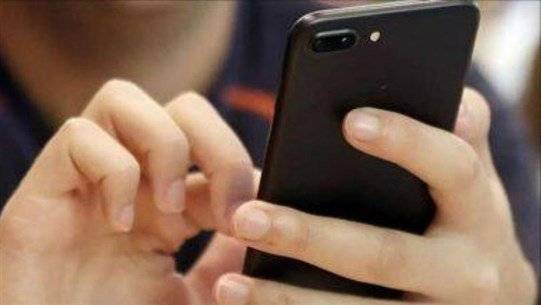Are we saying goodbye to "Hello," or will citizens get used to the surge in prices? Looking at past experiences, no one has protested any "increase" applied to fuel, bread, medicine, or other essential goods. Therefore, it is certain that no one will object to increases in communication fees; on the contrary, every citizen will continue with their daily lives as usual, with the minor adjustment of adopting a communication "rationing" system to preserve their data. It is expected that many will reduce their internet packages, at least initially, as they enter the phase of soaring communication costs, and later, they will "get used" to the new tariffs, integrating them into their daily routine.
How is the citizen preparing for the new communication pricing, and are they satisfied with it? Citizens are bracing for the biggest blow in their history. The outrageous prices of communications may send some back to the days of SMS and might compel others to cancel their home WiFi, a move that will take effect once companies decide to raise tariffs by three to four times amid a rising cost of living that has devastated people's financial capabilities, reducing them to mere "commodities."
The discussion among people has been dominated by the prices of internet packages, as they have yet to absorb that virtual communication will face significant austerity measures. Many will pay more to reduce their internet package sizes, though this will have dangerous repercussions on their lives, as they used to vent their frustrations through virtual communication with others during the fuel crisis while isolating at home. The government is delivering a fatal blow to the citizen, forcing them into "austerity." It's no surprise if we see a return to missed calls, as anything is possible in Lebanon.
At an inopportune time, coinciding with the summer and tourism season, the Ministry of Communications has chosen to raise rates fourfold. This was preceded by companies' struggles against consumers, doubling data theft under the pretext of "no fuel" or "cable theft," in a clear plan to tame the populace into accepting the idea of "raise the price, but keep the service good."
Citizens have been queuing for hours outside telecom companies in Nabatieh since the early morning to take advantage of the last day of cheap rates. Many opted to recharge their lines for a year, while others will face hardships since their dollars will directly convert tomorrow at the Central Bank's platform rate. Those with $200 will suddenly find it reduced to $12, which won’t suffice for the $13 monthly fee for the 20GB service offered by Alfa and $35 by MTC. The citizens are becoming aware that the state is robbing them directly this time, having early realized that the price hike plan will be a severe blow, as it will lead to their disconnection from the world or will force them to ration their communication to save on their data.
What is more concerning is the impact this will have on teachers, students, news sites, companies, and others, as their work will inevitably face price increases, coinciding with this new phase. Muhammad stood for over an hour at Alfa to benefit from the "Year of Days" service, saying he is trying to save a little before the cost surge. In his calculations, companies and the government are robbing citizens, believing that the price increase game is merely a dangerous phase that citizens are preparing for, which could reflect poorly on the already miserable social situation.
On the other hand, Sabine feels that the parties have deceived them and have plunged them deeper into crises, with the latest being communication, tightening the noose even further. Many fear the escalation of violence and roaming issues in the upcoming phase. The boiling situation that people are enduring these days could lead to various social explosions, and gunfire becoming a routine "venting" measure. What happened two days ago in the town of Haniyeh in Tyre, with armed conflicts over parking a car, is just another sign of the state's impending demise.
According to sources, “those who used to vent by posting on Facebook to relieve stress will abandon this practice due to rising bills. This will undoubtedly affect people’s mental health, leading to more problems and crime.” According to Kamel, who owns a news site, he confirms that he will reduce his publishing and direct broadcasts because the internet now requires a budget beyond their capabilities, without hiding the impact on media and news.
Abu Youssef tries to alleviate the burden of the current phase, despite asserting that he misses the days before the virtual opening; everything was better when there were simpler phones. Yet, he acknowledges the looming danger; people have gotten used to a new lifestyle that is difficult to change. Thus, it would not be surprising if thefts became more rampant for recharging lines, as is already common for obtaining food and medicine.
Facing a new phase now, citizens stand at a crossroads. If $4 previously sparked a nationwide uprising on October 17, the tariff increase according to the central bank’s platform will force everyone to comply, and there may be no more than one phone call a day.




